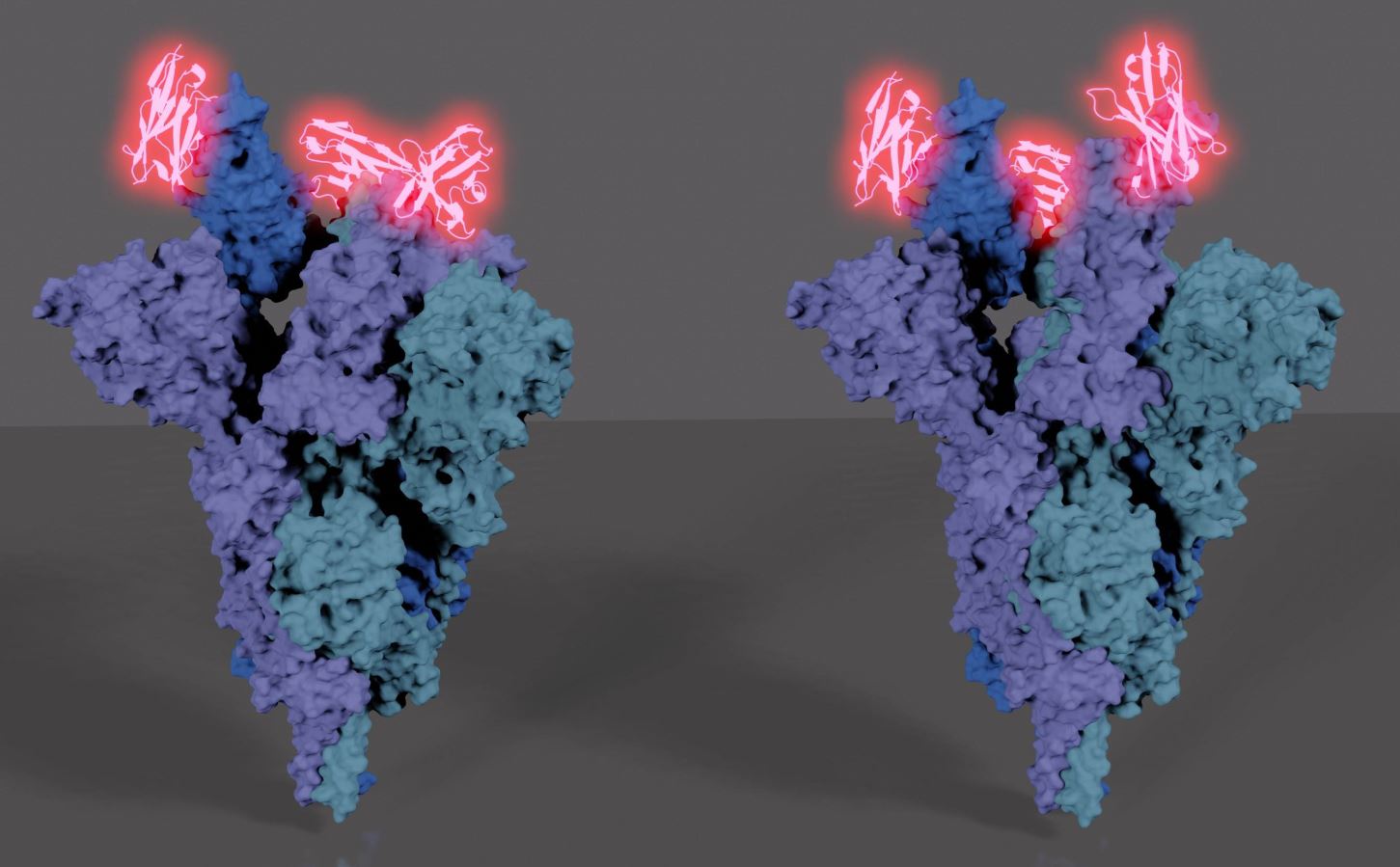
COVID-19, researchers focus on nanoantibodies: in Sweden, Karolinska Institutet presents a study on Sybody 23 / PDF
COVID-19, are nanoantibodies the solution to stop the spread of coronavirus in the body of affected patients? Researchers at the Karolinska Institutet and the European Molecular Biology Laboratory (EMBL) have published a study on Sybody 23 in Nature Communications.
Sybody 23 is not a monoclonal antibody, it has a smaller size, but it seems able to interact with the virus, preventing it from attacking human cells.
Sybody 23, the usefulness of therapeutic neutralizing antibodies
“Therapeutic neutralizing antibodies – they write in the study, which we publish in full in the PDF at the end of the article – are a key short to medium-term approach to addressing COVID-19.
However, the production of traditional antibodies is hampered by long development times and expensive production.
Here, we report the rapid isolation and characterization of nanoantibodies from a synthetic library, known as sybodies (Sb), which target the receptor-binding domain (RBD) of the spike protein SARS-CoV-2.
Several binders with low nanomolar affinities and efficient neutralization activity have been identified, of which Sb23 showed high affinity and neutralized the pseudovirus with an IC50 of 0.6 µg/ml.
A cryo-EM structure of the peak bound to Sb23 showed that Sb23 binds competitively at the ACE2 binding site.
Also, the cryo-EM reconstruction revealed an unusual peak conformation where two RBDs are in the “up” conformation of ACE2-binding.
The combined approach represents an alternative and fast workflow to select binders with neutralization activity against new emerging viruses”.
The fundamental concept to understand of the study is that the Spike membrane protein can be an excellent point of aggression to COVID-19: inactivating its ability to bind to human cellular limbs (ACE-2 receptor), in fact prevents the coronavirus to enter and replicate, damaging the human body”.


